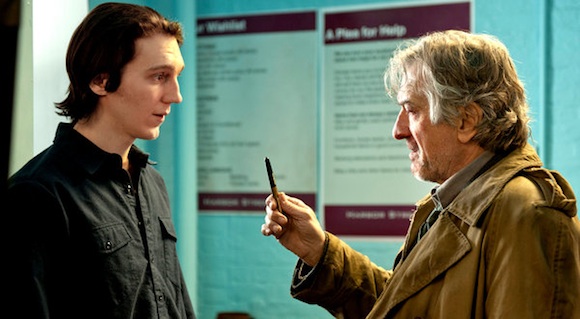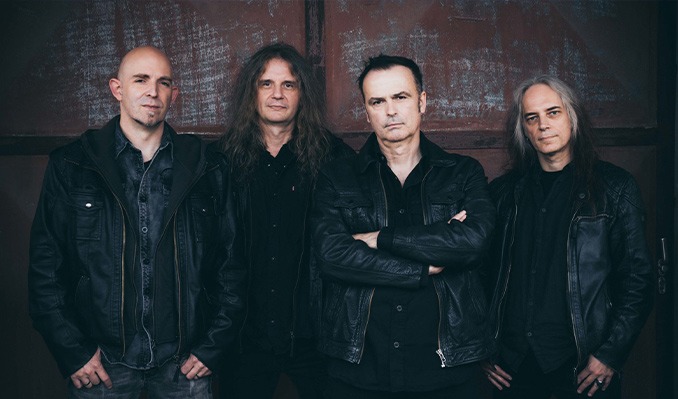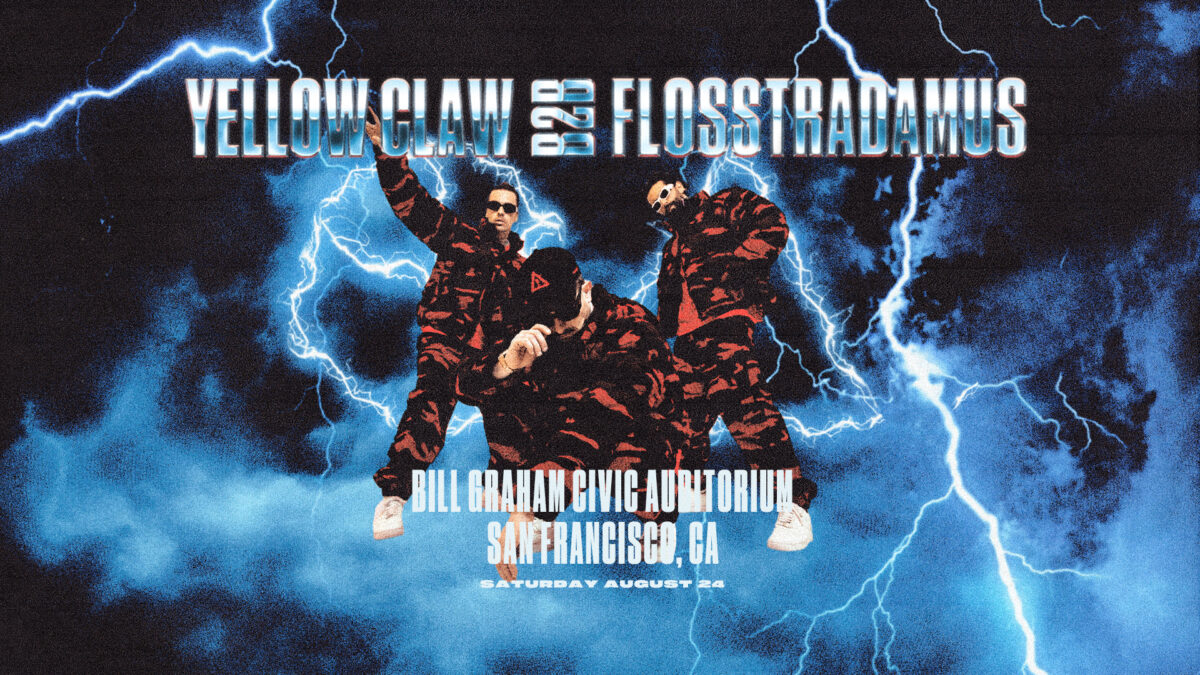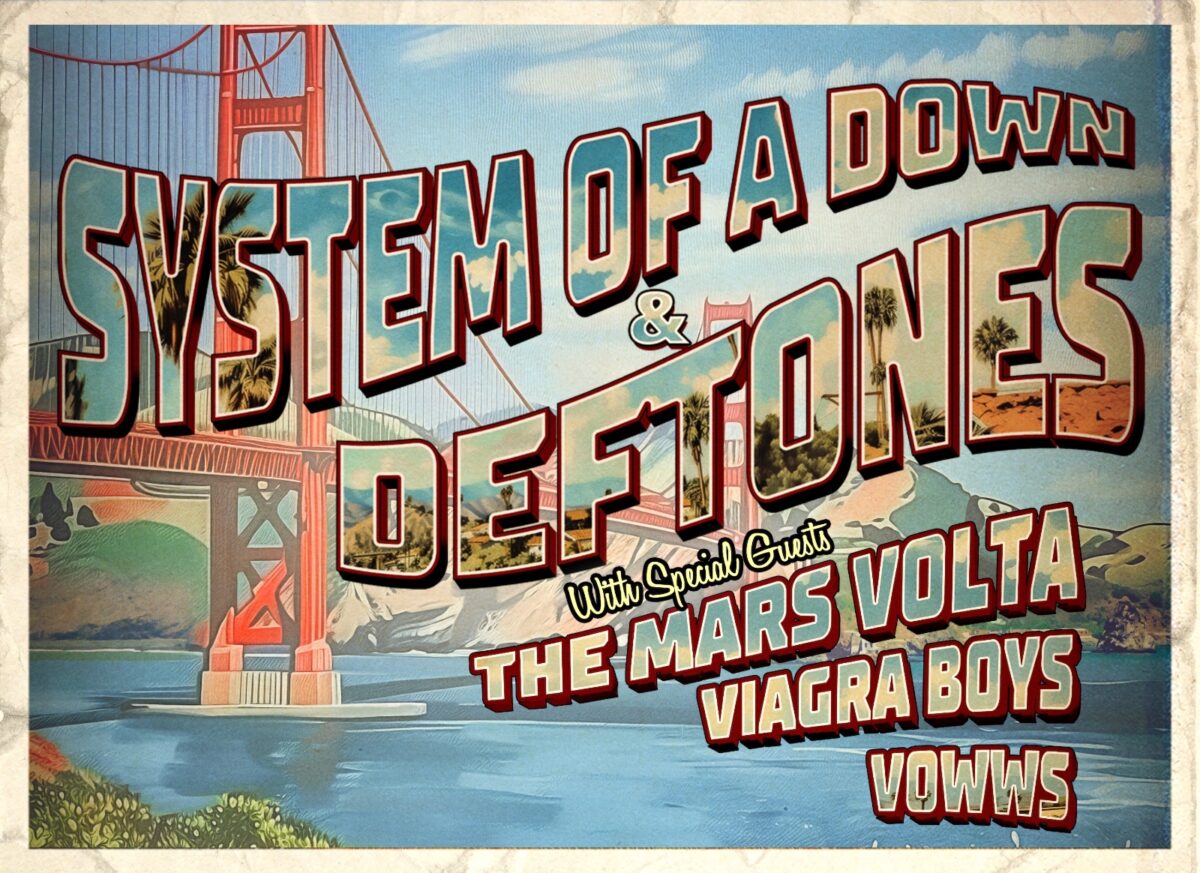Movie Review: Being Flynn
Moments into Being Flynn, Paul Weitz’s adaptation of Nicholas Flynn’s 2004 memoir, Robert De Niro’s character, a mentally unstable, alcoholic and failed novelist, slips into voice-over narration mode, declaring himself the third greatest American writer and slipping into a racist, homophobic rant.
For all intents and purposes, he sounds like Travis Bickle, De Niro’s early career, iconic role. It takes almost no effort to imagine Bickle and the senior Flynn as the same character, 30 (or more years later). Time and circumstance has not been kind to this alternate-reality Bickle, still a taxi driver and still caught up in grandiose, egocentric visions, bitter at the external world’s inability to see and acknowledge what he sees and acknowledges in himself.
In this alternate reality, Bickle, rather Flynn, has served jail time in a federal prison for participating in bank fraud. From prison, the elder Flynn writes to his only son, Nick (played by Paul Dano as an adult), letters extolling his greatness as a writer, artist, and storytelling. There’s little evidence of the elder Flynn’s talents, but Nick clings to the only proof of his father’s existence. An overworked, harried mother, Jody (Julianne Moore), tries to keep it together. In one of Being Flynn’s highlights, Nick describes the presence of not one, but many father figures in his life (i.e., men his mother dated). Weitz pans back-and-forth to Nick and a succession of men, all in one (CGI-aided) take, one of several blackly comic moments that helps to offset a bleak, depressing tale of fathers, sons, abandonment, mental instability, drug and alcohol abuse, and homelessness.
Being Flynn spends most of its running time in and around the Harbor Street Inn, a Boston-based homeless city shelter. Aimless with pretensions of becoming a writer like his father, Nick loses a girlfriend and a roof over his head before he gets a bed in a warehouse-bar space with the obligatory gay roommate and the equally obligatory African-American roommate. Through his new roommates, Nick meets Denise (Olivia Thirlby), a twenty-something woman who offers Nick a friendship with benefits and a job lead at the Harbor Street Inn. After a few rough days or weeks at the shelter, Nick encounters his newly homeless father. Rather than find another shelter, the elder Flynn decides to stay, both to gain research material (a way to dodge acknowledging his dire state) and get closer, physically and emotionally, to the only son he abandoned 18 years earlier.
Easier said than done, especially considering the accretion of emotional baggage father and son are carrying, not to mention the elder Flynn’s alcoholism and mental instability that manifests in racist and homophobic rants. The elder Flynn’s presence in Nick’s life has a not unexpected deleterious effect on Nick’s relationship with and his own drug and alcohol abuse. The double downward spirals become increasingly difficult to watch, even cringe-inducing at times, but that’s Weitz’s obvious intent. Neither Flynn can be described as likeable or sympathetic. Both are flawed, maybe unchangeable, they’re possibly irredeemable; in short, closer to the real world than the reel world.
And that world would mean little if Being Flynn’s cast wasn’t equal to the demanding emotive, emotional work required by Weitz’s adaptation. Best known for his co-starring roles in Little Miss Sunshine and There Will Be Blood, Paul Dano acquits himself well as Being Flynn’s lead role. He’s never less than persuasive as a young man struggling to reconcile himself to a troubled past and an equally troubled present. Olivia Thirlby gives a strong, striking performance in a supporting role. De Niro doesn’t bring anything to the elder Flynn we haven’t seen before, many, many times, but at least the role gives him more to do than the uninterrupted run of paycheck roles that have turned De Niro’s fans, including critics, into non-fans.
Showtimes and Tickets








